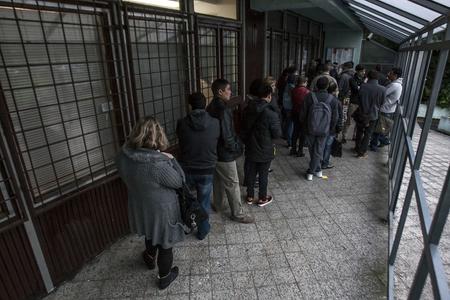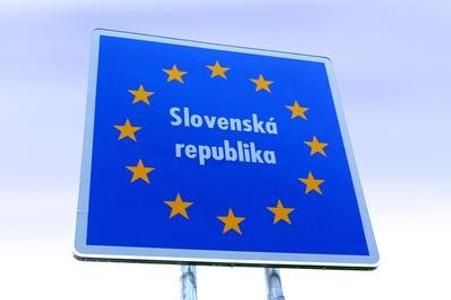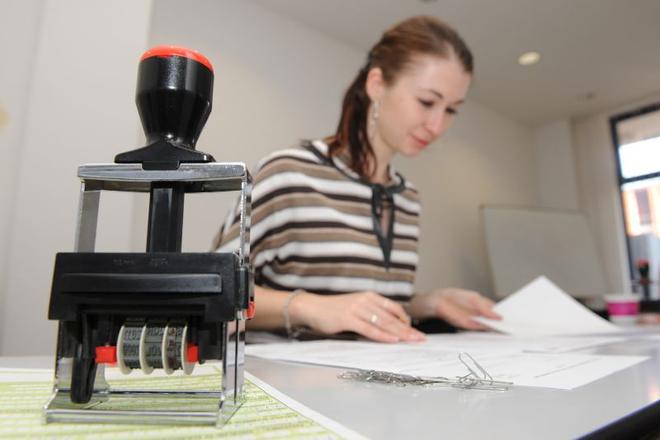Interlude, March 4 and 5
I did not wake up at 5:00 a.m., though I did finally hear the alarm at 6:00. I did what I could to catch up on work, emailing students to let them know I would try to go back to the foreigners’ police on Monday and that, as a result, might have to cancel class that day. Out of optimism, I opted not to tell my students for Tuesday that I could very well have to cancel that class as well. In addition, I told the head of my school what had happened and that I would have to keep going to Petržalka every day until I finally got to see someone. I needed to go every day because it was highly likely I would be told something was wrong with my paperwork and whatever that turned out to be could easily take more than a week to correct. In addition, given the experiences I had with the officers last year, it was also likely that, after making the initial correction, I would be told about something else that was not mentioned before nor in any publicly available information. Fortunately, the head of my school understood and sympathized with the situation.

One aspect of this process to know about, to which I have alluded, is the role of visa facilitation firms. Certain aspects of these firms are opaque to me in terms of their role in the way the unofficial organization operates, but they clearly at least coordinate with those organizers. I often see the same people, one woman in particular, who will arrive around 6:30 a.m. with clients, sometimes more than one group, find the appropriate placeholder, some of whom waited with the rest of us and some of whom I never saw but had apparently arranged with someone else to hold his place in line (the placeholders are, from what I have seen, exclusively male), and have their clients take over the spot in the line. In addition, however, I have been told that students sometimes will hold a place for people independently of the visa facilitation firm. The law student on whom I eavesdropped, for instance, did not seem to be coordinating with any of the facilitation agents. In that way, it is difficult to know where one aspect of this underground economy ends and another begins. I have thought about speaking to one of the agents to ask where I can find more information about what they do and how much they cost, but they are always extremely busy during the hours of operation and I’m somewhat allergic to the hierarchy of wealth they represent. However, I certainly understand why, for instance, a family would be less reticent than myself. And of course, thinking of this on a Saturday would not do me any good when I had to return the next Monday.

On Sunday, I prepared in my usual way for my Monday classes, out of a combination of hopefulness and not knowing what else to do. After doing some writing, I looked at the bus schedules again, knowing I needed to get to Hrobákova Street earlier than I had on Friday. There was no mode of public transportation I could find to get there earlier than 4:45, but at least now that Starý Most has reopened, the walk is bearable from my apartment in decent weather. I considered reserving a taxi, but since I knew I would have to be awake no later than 3:00 a.m. no matter how I got there, it seemed like wasted money. I set the alarm for 2:00 a.m. and went to sleep by 10:00 p.m., although I could not fall asleep until closer to midnight.
This account of the author’s real experience at the foreigners’ police department in Bratislava is to be continued.
James Griffith teaches political thought and philosophy at the Bratislava International School of Liberal Arts
Author: James Girffith


 (source: TASR)
(source: TASR)